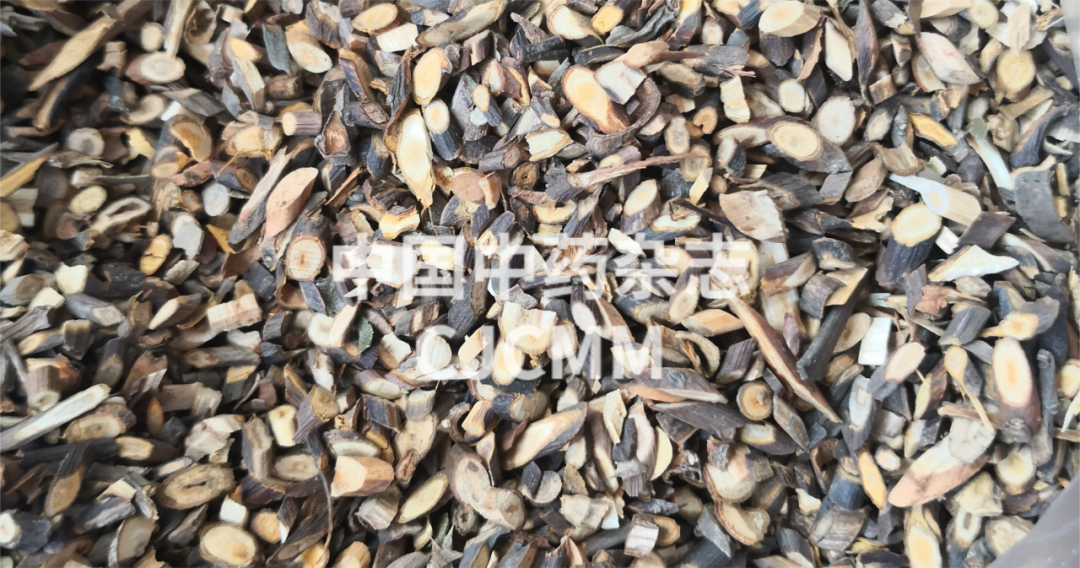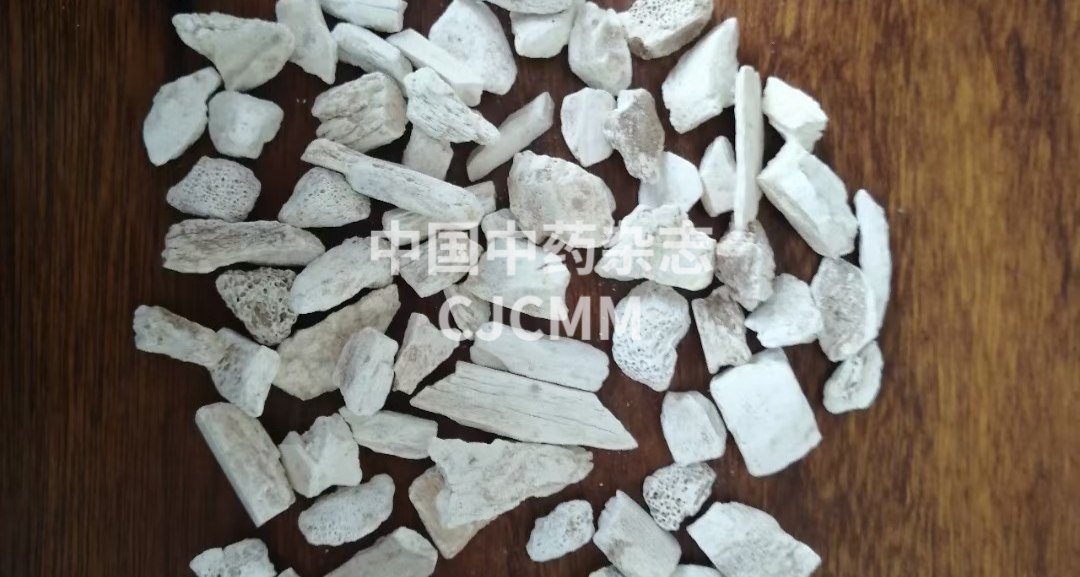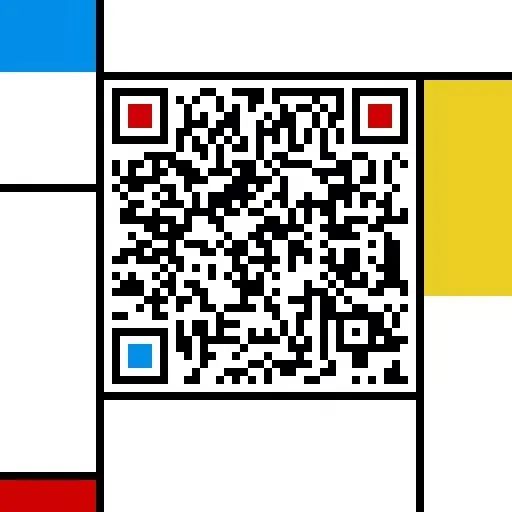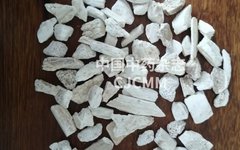 Author | Tang Yi Editor | Chun Feng Reviewer | Xiao Ye
Author | Tang Yi Editor | Chun Feng Reviewer | Xiao Ye
Recently, a relative’s colleague consulted me about his long-standing issue with excessive sweating. He described it as “like raining” when simply sitting down to eat, with sweat continuously flowing from his head.
At lunchtime, he experiences heat above the neck, with cold hands and a hot head, particularly severe at work during cold weather, while at home, it is much better.
He had previously used formulas such as Mu Li San (Oyster Shell Powder), Sheng Mai San (Generate Pulse Powder), Dang Gui Liu Huang Tang (Tangkuei and Six Yellow Decoction), and Gan Mai Da Zao Tang (Licorice, Wheat, and Jujube Decoction) to stop sweating, but the effects were not significant. I thought of using Gui Zhi Jia Long Gu Mu Li Tang (Cinnamon Twig Decoction with Dragon Bone and Oyster Shell) and after taking it for a while, his sweating symptoms improved.
Gui Zhi Jia Long Gu Mu Li Tang has been clinically recognized for its effectiveness in treating sweating disorders; however, this formula is originally used for treating conditions like deficiency and fatigue.


Gui Zhi Jia Long Gu Mu Li Tang

Gui Zhi Jia Long Gu Mu Li Tang is derived from the Jin Kui Yao Lue (Essential Prescriptions of the Golden Chamber). It states, “For those who have lost essence, with a tight pulse in the lower abdomen, cold in the genitals, dizziness, hair loss, and a pulse that is extremely weak and thin, it is due to clearing the valley, loss of blood, and loss of essence. If the pulse is slightly tight and moving, it indicates loss of essence in men and dream intercourse in women; Gui Zhi Jia Long Gu Mu Li Tang is the main treatment for this.”
The original formula’s dosage is as follows: 3 liang of Gui Zhi (Cinnamon Twig), 3 liang of Bai Shao (White Peony), 3 liang of Sheng Jiang (Fresh Ginger), 2 liang of Gan Cao (Licorice), 12 pieces of Da Zao (Jujube), 3 liang of Long Gu (Dragon Bone), and 3 liang of Mu Li (Oyster Shell). Combine these seven ingredients with 7 sheng of water, boil down to 3 sheng, and divide into three warm doses.

Modern dosage reference is as follows: 9g of Gui Zhi, 9g of Bai Shao, 3 slices of Sheng Jiang, 6g of Gan Cao, 5 pieces of Da Zao, 9g of Long Gu, and 9g of Mu Li. This dosage is for reference only; specific adjustments should be made under the guidance of a TCM practitioner!
This discussion pertains to the treatment of deficiency and loss of essence. Those who have lost essence refer to individuals with nocturnal emissions or premature ejaculation.
“Tight pulse in the lower abdomen, cold in the genitals, dizziness, hair loss” indicates that the patient has a history of seminal emission, with excessive consumption of essence leading to deficiency of Yin and Yang. The Yang Qi is insufficient, akin to losing the warmth of the sun, resulting in coldness in the external genitalia, and coldness leads to contraction, causing tight and painful sensations in the lower abdomen. Additionally, insufficient essence and blood fail to nourish the eyes and hair, leading to dizziness and hair loss.
“Pulse extremely weak and thin” refers to a composite pulse pattern of weak, hollow, and slow pulses. A weak pulse indicates weakness and lack of strength; a hollow pulse is characterized by being large and empty, resembling pressing on a scallion stalk; a slow pulse indicates a slow rhythm.
These three pulse types belong to the pulse patterns of deficiency and fatigue, which can be seen in those with loss of essence, as well as in patients with diarrhea or blood loss.
Next, there is another pulse pattern: “The pulse is slightly tight and moving.” The moving pulse is slippery and rapid like beans; the weak pulse is fine and soft, almost imperceptible; the tight pulse is tense, like a taut rope.
These can be divided into two groups: one group with moving pulses indicating Yang, and the other group with weak pulses indicating Yin. It is important to note that it states either moving or weak pulses may be present, not all four pulse types appearing simultaneously.
Why do such pulse patterns occur? It relates to the pathogenesis of loss of essence, primarily due to the kidneys failing to contain and secure essence.
Patients experience loss of blood and essence, leading to excessive Yin damage, causing Yang to lose its nurturing of Yin, floating outward and failing to gather; simultaneously, Yin damages Yang, leading to Yang losing its ability to secure Yin, resulting in both Yin and Yang deficiency.
At this stage, insufficient heart Yang fails to warm the kidney water, and cold kidney water cannot nourish heart Yang, manifesting as the symptoms of Yin and Yang deficiency with the heart and kidneys not communicating, resulting in “men losing essence and women experiencing dream intercourse.”
In terms of treatment, simply assisting Yang may lead to excessive heat; solely nourishing Yin may increase coldness. Therefore, Zhang Zhongjing approached the treatment by harmonizing Yin and Yang and facilitating the communication between the heart and kidneys, selecting Gui Zhi Jia Long Gu Mu Li Tang for treatment.
This formula’s name is quite similar to Gui Zhi Gan Cao Long Gu Mu Li Tang in the Shang Han Lun (Treatise on Cold Damage), but the latter consists only of the four ingredients in its name, primarily treating heart Yang deficiency and floating heart spirit; while the former is composed of Gui Zhi Tang (Cinnamon Twig Decoction) with added Long Gu and Mu Li, suitable for treating both Yin and Yang deficiency.
Gui Zhi Tang is well-known and regarded as the crown of Zhang Zhongjing’s formulas, a general formula for releasing the exterior and inducing sweating. It can treat wind-cold attacking the exterior and is effective for conditions like insomnia and sweating due to disharmony between the Ying and Wei.
In the Shang Han Lun, sections 53 and 57 discuss the treatment of spontaneous sweating and sweating due to fever, recommending Gui Zhi Tang.
The formula employs the warming and dispersing properties of Gui Zhi to release the exterior; Bai Shao is used to nourish Yin and harmonize the Ying, with the two herbs working together to disperse and gather, harmonizing the Ying and Wei, allowing the exterior pathogen to be resolved and the internal Qi to be balanced.
Sheng Jiang assists Gui Zhi in dispersing the exterior pathogen and can also warm the stomach and stop vomiting; Da Zao helps Bai Shao harmonize the Ying and Wei, serving as an auxiliary herb.
Zhi Gan Cao harmonizes the various herbs and, together with Gui Zhi, “spicy and sweet transforms Yang” to generate Yang Qi and support the Wei Yang, while combining with Bai Shao to “sour and sweet transforms Yin” to generate Yin fluids and support the Ying Yin. Overall, the formula warms and tonifies Yang Qi while nourishing Yin blood, thus achieving the effect of harmonizing Yin and Yang.
Additionally, the two herbs Long Gu and Mu Li are added. Long Gu is sweet and astringent, slightly cold in nature, while Mu Li is salty and astringent, also slightly cold. Together, they stabilize the spirit, calm the liver, subdue Yang, and have astringent and solidifying effects.
This formula is an enhanced version of Gui Zhi Tang, not intended for releasing the exterior but for supporting the Ying and Wei to harmonize Yin and Yang, while adding Long Gu and Mu Li to stabilize and secure, ensuring Yang is solid and Yin is protected, preventing essence from leaking out.
Gui Zhi Jia Long Gu Mu Li Tang is widely used clinically for conditions of both Yin and Yang deficiency, such as nocturnal emissions, premature ejaculation, impotence, palpitations, easy fatigue, dream intercourse, excessive vaginal discharge, spontaneous sweating, night sweats, cold diarrhea, visual fatigue, and hair loss.

▋Adjustments and Applications
For deficiency heat with spontaneous sweating: remove Gui Zhi and add Bai Wei (White Microcosm) and Fu Zi (Aconite).
Due to Yin deficiency and excessive fire, the warming and dispersing nature of Gui Zhi is too much, hence it is removed.
Add Bai Wei to clear the virtual heat from the upper jiao and Fu Zi to draw heat back to the lower jiao; these two herbs clear virtual heat while nourishing Yin, combined with Long Gu and Mu Li to further nourish Yin and stabilize.
For excessive sweating: add Huang Qi (Astragalus) and Fu Xiao Mai (Floating Wheat).
Huang Qi is sweet and slightly warm, excellent for tonifying Qi, used for Qi deficiency, fatigue, poor appetite, and chronic diarrhea; here it primarily supplements Qi to strengthen the exterior and stop sweating.
Fu Xiao Mai is sweet and cool, specifically entering the heart channel, very light and can float; if placed in water, it will float, indicating its ability to rise and nourish the heart while alleviating irritability.
For nocturnal emissions and premature ejaculation: add Yi Zhi Ren (Alpinia Oxyphylla) and Fu Pen Zi (Raspberry).
Yi Zhi Ren is spicy and warm, entering the spleen and kidney channels, with effects of warming the spleen, warming the kidneys, and securing essence.
Fu Pen Zi resembles small strawberries, is warm and sweet-sour, entering the liver, kidney, and bladder channels, benefiting the kidneys, securing essence, and reducing urination while nourishing the liver and brightening the eyes.
These two herbs work together to strengthen kidney Yang and secure kidney Qi, enhancing the kidney’s ability to regulate urination and achieve the effects of warming and tonifying kidney Yang while securing essence and reducing urination. Clinically, this combination can be used for nocturnal emissions, frequent urination, and premature ejaculation due to kidney deficiency and insecure essence.
For insomnia: add Suan Zao Ren (Sour Jujube Seed) and Zhen Zhu Mu (Mother of Pearl).
Suan Zao Ren is a commonly used sedative herb, sweet and sour in flavor, neutral in nature, neither cold nor hot. Insomnia and vivid dreams often occur due to the liver not storing the soul. Suan Zao Ren enters the liver, calming the soul and securing liver Qi, allowing the soul to settle; it also enters the heart, where it can nourish heart Yin and help control sweating.
Zhen Zhu Mu is a mineral herb with heavy and settling properties, which can calm the spirit, stabilize fear, and subdue Yang, but should be used cautiously in pregnant women.
▋Precautions
1. For exterior excess without sweating, exterior cold with interior heat, and those who are irritable without sweating, this formula is not suitable;
2. For damp-heat in the middle jiao, with a yellow and greasy tongue coating, this formula is not suitable;
3. For those with heart and kidney deficiency heat syndrome, use this formula cautiously;
4. During medication, avoid consuming seaweed, cabbage, raw scallions, pork, and cold water;


Long press to scan the code to add the editor on WeChat (chunfeng52566)
Note “Join Group” to communicate with many friends about TCM.
 The content of this article is for reference only; non-TCM professionals should not attempt to self-medicate.Original submission: [email protected] (email), chunfeng52566 (WeChat)
The content of this article is for reference only; non-TCM professionals should not attempt to self-medicate.Original submission: [email protected] (email), chunfeng52566 (WeChat)

